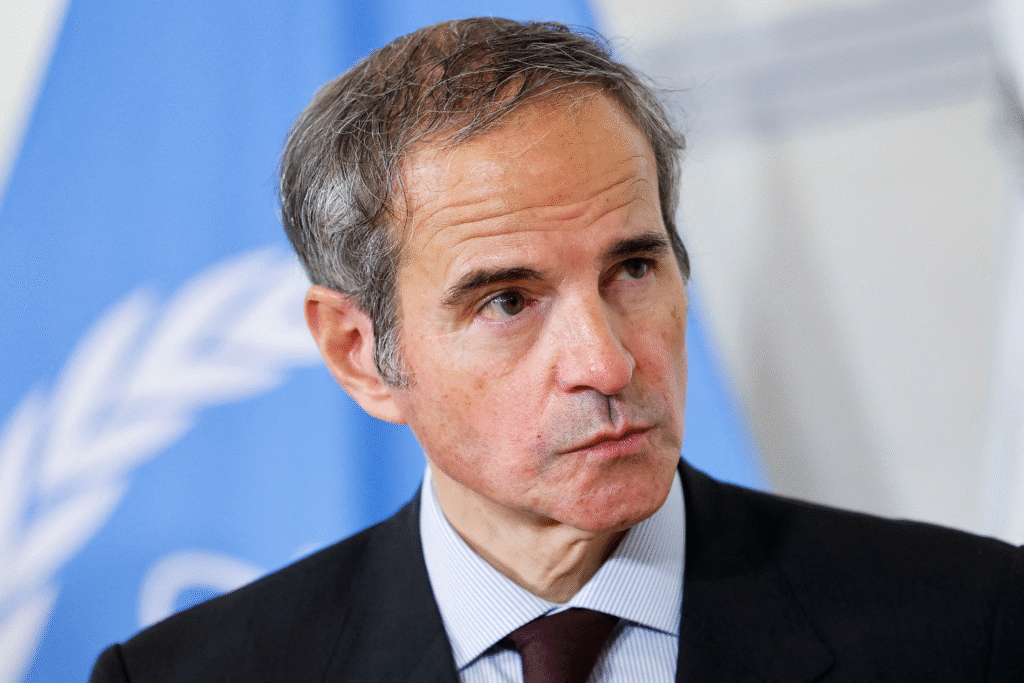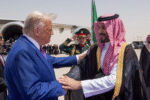WASHINGTON Iran could potentially restart its uranium enrichment program within months, according to Rafael Grossi, Director-General of the International Atomic Energy Agency (IAEA), despite significant damage to several of Iran’s nuclear facilities following recent US and Israeli military strikes.
Grossi’s remarks, revealed in a CBS News interview transcript released on June 28, raise fresh concerns over Iran’s nuclear capabilities amid escalating regional tensions.
Targeted Strikes Fail to Fully Cripple Iran’s Nuclear Ambitions
On June 13, Israel initiated a coordinated bombing campaign targeting Iranian nuclear and military sites, citing the need to prevent Tehran from acquiring nuclear weapons an accusation Iran has consistently denied. Shortly after, US forces conducted additional strikes on three critical facilities linked to Iran’s atomic infrastructure.
While US President Donald Trump declared that the attacks had set back Iran’s nuclear ambitions by “decades,” Grossi provided a more cautious assessment. “Some of the infrastructure is still operational,” he warned. “They could have, within months, a few cascades of centrifuges spinning and producing enriched uranium or even sooner.”
Uncertainty Over Iran’s Uranium Stockpile
A major point of concern is the fate of Iran’s stockpile of enriched uranium. Prior to the attacks, Tehran was estimated to hold approximately 408.6 kilograms of uranium enriched to 60 percent purity far exceeding civilian energy requirements, though still below the threshold for weapons-grade material.
If further enriched, the stockpile would contain enough fissile material to manufacture at least nine nuclear warheads, nuclear experts say.
However, the current status of that uranium remains unclear. “We don’t know where this material could be,” Grossi admitted. “Some may have been destroyed during the strikes, but it’s entirely possible portions were moved before the attacks. There needs to be transparency.”
Iran Suspends Cooperation With IAEA
In response to the strikes, Iranian lawmakers voted to suspend cooperation with the IAEA, denying Grossi and his team access to key nuclear facilities, including Fordow Iran’s primary uranium enrichment site located deep underground.
“We need to verify what remains, what has been moved, and fully assess the damage,” Grossi emphasized, reiterating calls for unfettered inspections.
US Officials Downplay Relocation Claims
Speaking separately to Fox News, President Trump dismissed suggestions that Iran had managed to move its stockpile before the strikes. “It’s very difficult to relocate that quantity of material, especially with little to no warning,” Trump stated, expressing confidence that the attacks severely disrupted Iran’s nuclear capabilities.
US Secretary of State Marco Rubio echoed similar sentiments, praising the IAEA’s “critical role in verification and monitoring,” and commending Grossi’s leadership under challenging circumstances.
Global Concerns Over Iran’s Next Move
The latest developments have reignited global concerns over Iran’s nuclear intentions and the potential for further escalation in the Middle East.
The full interview with Rafael Grossi is set to air on Face The Nation With Margaret Brennan on June 29, where more details on Iran’s nuclear status and international responses are expected to emerge.

